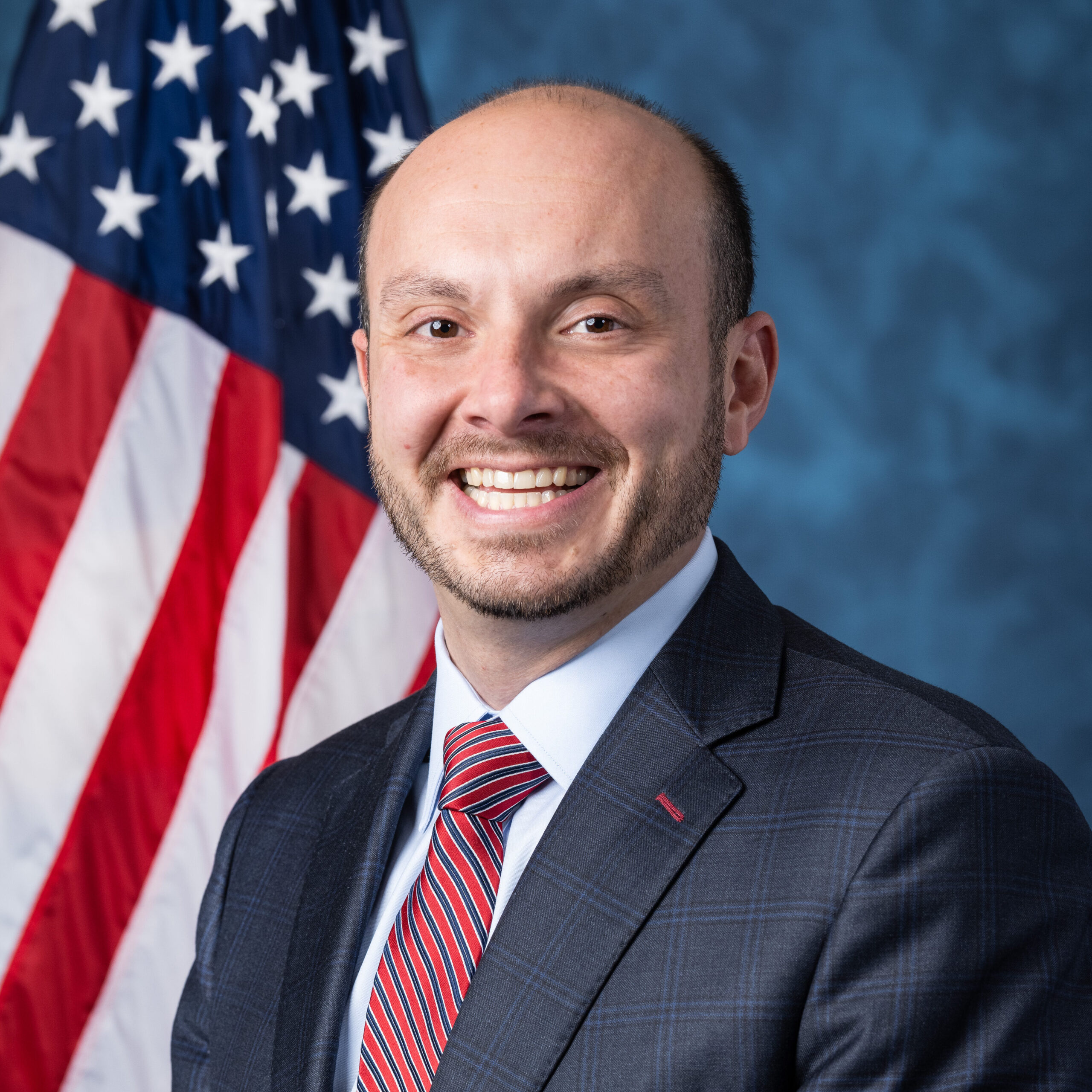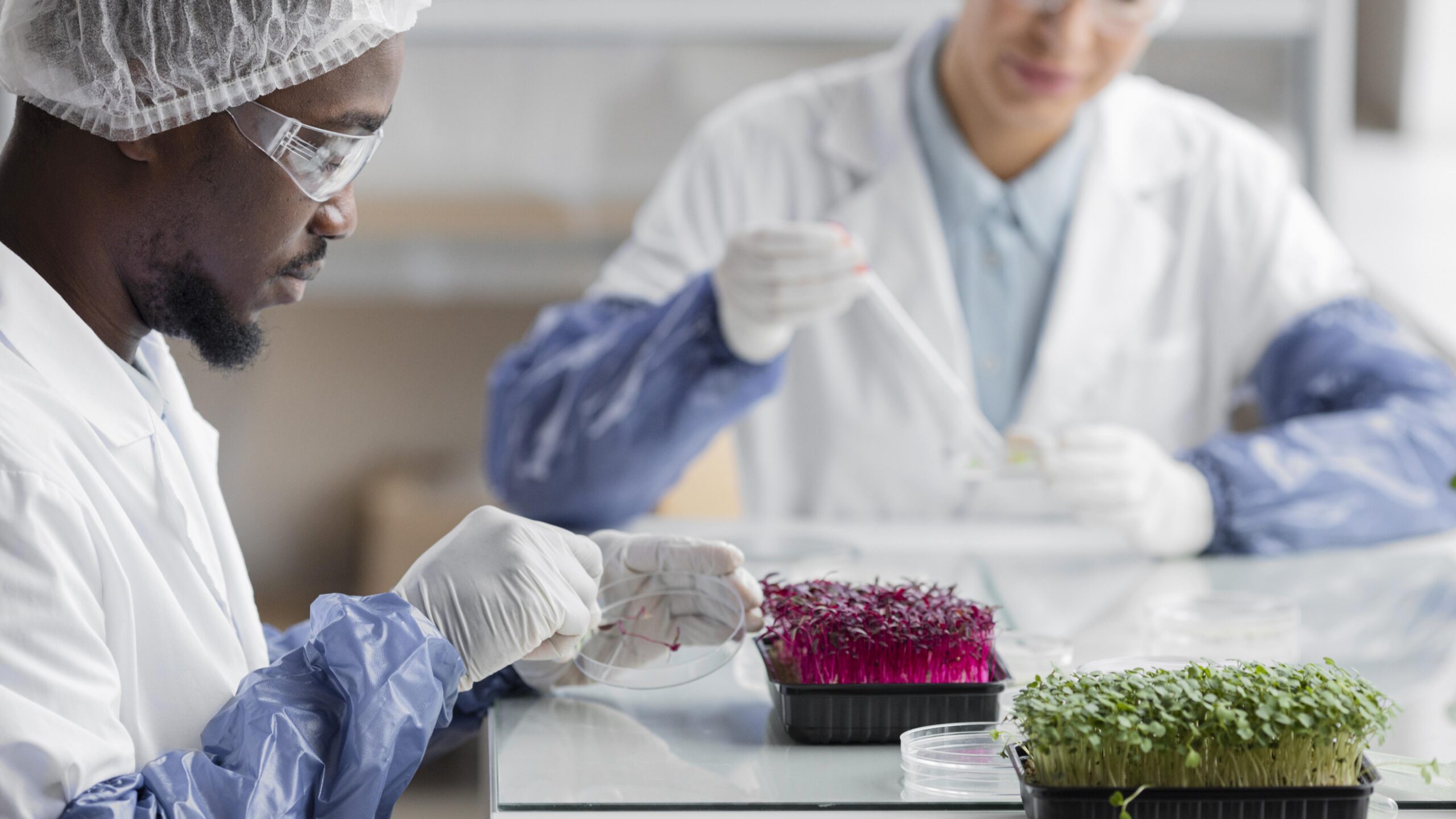In response to growing concerns over China’s advances in biotechnology and their potential impact on U.S. agriculture, Congressmen Andrew Garbarino (R-Bayport) (pictured below) and Dan Newhouse (R, WA-04) are leading a bipartisan effort to protect the U.S. food supply chain. The two lawmakers recently sent a letter to the Director of National Intelligence and the Director of Homeland Security at the U.S. Department of Agriculture (USDA), urging a national strategy to address Chinese innovation in biotechnology, particularly in agriculture.

The letter, also signed by Representatives Ken Calvert (R, CA-41), Lori Chavez-DeRemer (R, OR-05), Brian Fitzpatrick (R, PA-01), Jennifer Kiggans (R, VA-02), Mike Lawler (R, NY-17), Nancy Mace (R, SC-01), Marc Molinaro (R, NY-19), Joe Wilson (R, SC-02), and Robert Wittman (R, VA-01), highlights concerns that China’s rapid advancements in biotechnology, specifically in genetically modified crops and food security technologies, could have serious implications for U.S. food supply chains, biosecurity, and agricultural dominance.
“These developments are related to the People’s Republic of China’s efforts to dominate emerging fields like innovative proteins, which includes cultivated meats. This year’s DNI Annual Threat Assessment of the U.S. Intelligence Community issued a stark warning about China’s strategic advancements and highlighted China’s use of synthetic biology and agricultural biotechnology as a targeted attempt to dominate global food supply chains. The report identified China as a formidable competitor aspiring to lead the broader biotechnological landscape. This reality has only been compounded by recent Chinese activity in the innovative protein market, most notably by the inclusion of cultivated meat research and development in China’s five-year agricultural plan,” the Members wrote.
The lawmakers expressed concerns about China’s strategic investments in biotechnology, which could allow them to gain control of critical segments of global food supply chains. They noted that these innovations could not only undermine the U.S. position as a global leader in agriculture but also threaten national security by making the country vulnerable to supply chain disruptions or agricultural bio-attacks.
The letter calls for the Director of National Intelligence and the USDA to coordinate to conduct a focused analysis on the potential implications of China’s advancements in innovative protein technologies and their potential to disrupt global food supply chains.
These representatives, who have long been advocates for U.S. agriculture and rural communities, emphasized the importance of protecting American farmers. “We request that the Office of the Director of National Intelligence and the USDA Office of Homeland Security coordinate to conduct a focused analysis on the potential implications of China’s advancements in innovative protein technologies and their potential to disrupt global food supply chains. We seek your recommendations on strategic measures the United States should consider to ensure continued leadership and resilience in this critical sector,” the Members continued.
The lawmakers see this as a potential threat to U.S. food security and believe that stricter regulations are necessary to prevent foreign control of key agricultural resources. As the global population continues to grow and the demand for food increases, biotechnology will play an increasingly important role in ensuring food security. The letter highlights the need for the U.S. to take decisive action to protect its agricultural industry from foreign interference and to remain at the forefront of innovation.
With bipartisan support, the letter signals a growing concern among U.S. lawmakers about the potential consequences of falling behind in the biotechnology race and ceding American leadership regarding the global food supply. The next steps will involve working with federal agencies to develop a coordinated national strategy to address these pressing issues and safeguard the future of American agriculture.




